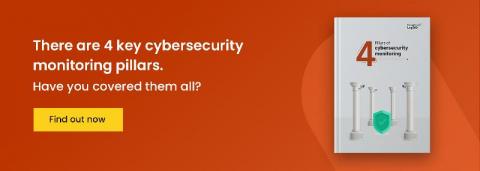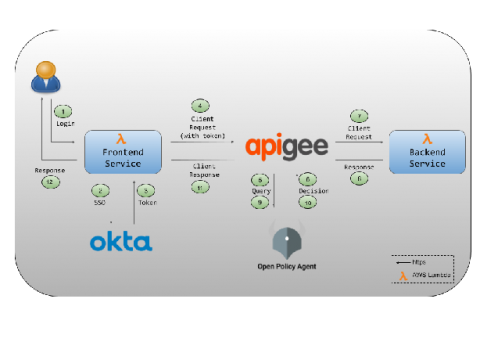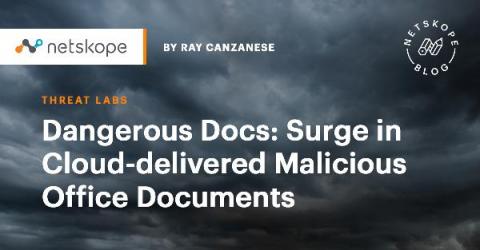Hot off the Press: Veracode Named a 2020 Gartner Peer Insights Customers' Choice for AST
Veracode has been officially recognized by Gartner Peer Insights as a 2020 Customers’ Choice for Application Security Testing. The report includes Veracode’s aggregate score of 4.6 out of 5 stars out of 95 independent customer reviews (as of July 31, 2020), and of the reviewers, 92 percent said that they would recommend Veracode’s AST solutions. Veracode, the largest global provider of application security (AST) solutions.











